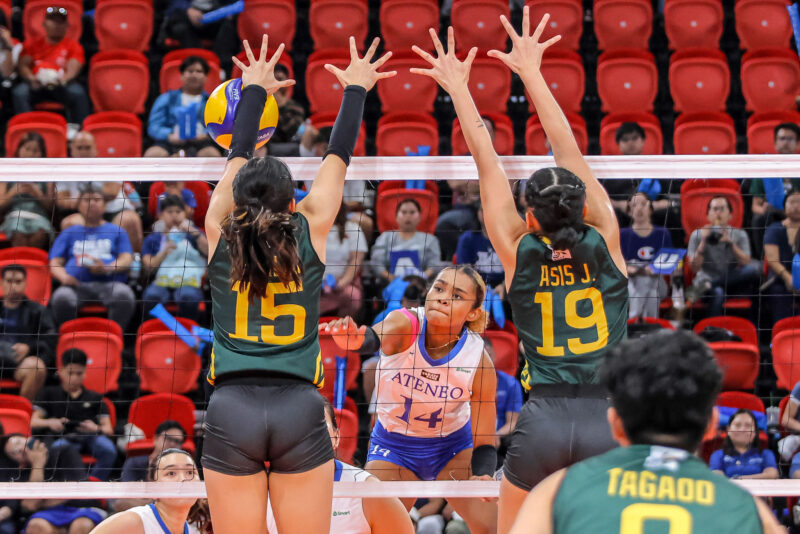STUDENTS ARE normally introduced to campus journalism through the distinguished school press conferences; I started my journey in 2009. Since then, journalism has had a profound impact on my life, but my gratitude for the craft has been hushed for more than a decade. The reason? I’ve been immersed in the work I love doing.
This is my first—and last—published love letter for campus journalism, an activity that has been with me throughout the highs and lows of my student life.
My first foray into journalism was through feature writing. It was an unexpected stint: A fourth grader trying to put on her big girl’s shoes by shadowing upperclassmen preparing for competitions. I was fascinated with how they weaved their words together without sacrificing the quality of their content. I wanted to be like them—so I trained to be like them. I practiced and read every day. At one point, I even believed that I would take up a communications degree for college.
Life never goes as planned.
Currently—and without regrets—I am finishing my final year of college with a business degree. I still joined a student publication. I couldn’t see myself outside of the field, even if the activity wasn’t directly related to my degree.
However, my experience as a student journalist enriched how I understand business issues in three ways.
First, campus journalism has taught me the importance of effective communication. For some, this might already be a given; being involved in student publications has the perceived implication that one is good with words. But when faced with panelists who only have 10 minutes to listen in on your presentation, every second counts. The key points must then be delivered in a clear and concise manner which, as easy as it sounds, is no easy feat to pull off.
Communication is not just about choosing the right words but also deciding which points to highlight and to emphasize. It’s choosing the message which matters most to your audience.
Angling the information, however, should still be discussed in a fair and objective way. Campus journalism has taught me the importance of ethics; of how fairness, balance, and truth prevail regardless of what the audience wants to hear. Oftentimes, there is an often neglected fine line between what the audience wants to know and what they should know. In seeking stories as a journalist, there are hard truths that should be reported. Business problems can also be analyzed in the same way, especially by understanding which issues are the most pressing so management immediately knows how to take proper action.
For example, will you tell an owner that their company is thriving when your research and analysis show that they are not? It’s a difficult truth that they need to hear.
Finally, campus journalism has taught me humility. It directed me in ways that I never imagined, and I have learned to accept that. The past points show how I applied what I learned in journalism to the business world—which, I admit, is only very limited since I experience it through the lens of a University student. While I began as a student writer, I’m proud to say that I’m ending my journey as a student manager.
My current role in the publication marries my interests in solving business problems with my passion for journalism. My team and I provide insights regarding the publication’s operations, as well as generate strategies on how it can thrive online and in the years beyond our term. We create plans in engaging with our stakeholders, creating reports to enhance how the publication runs, and maximizing the online reach of the work of each staffer while securing their stability as members of the organization.
Life leads us in unexpected ways, and I am grateful for the opportunity.
As this will be one of my last published pieces, I consider it a privilege to be a student journalist—one who has been guided by great mentors, coaches, editors, and colleagues. Once again, to campus journalism, this is a thank you for all the years and the experiences that we shared together.







